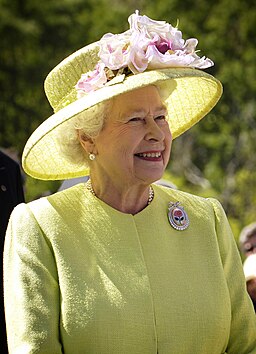Why, I ask myself, must theatre tickets cost so much? Professional theatre, that is. I am a big fan of amateur theatre, largely because as a starving artist I can still afford to see it sometimes. And also because an amateur production costs less, and the amateurs are therefore more likely to take a punt on an unknown playwright 🙂
Very occasionally, however, I’ll splash out on tickets for a professional production, which entails travelling at least as far as Wellington, which is about 20km away (12 1/2 miles for the imperialists).
Last weekend, we went to Wellington’s Circa Theatre to see Equivocation by Bill Cain. I loved it.
The central character is William Shakespeare, struggling with the artistic and ethical challenge posed by being commissioned to write a government propaganda-play about the Gunpowder Plot. On the one hand, the story as they’ve given it to him doesn’t hold together. On the other hand, if he reveals the truth (which he gradually ferrets out), hanging is only the start of what they’ll do to him. Really.
Truth matters. Truth can be dangerous, particularly to the teller. Truth can, in fact, be a matter of life or death.
Enter the delicate art of equivocation, or as Father Garnet (another character) calls it, “how to tell the truth in difficult times”. Whatever one may think of the idea of equivocation (do the ends justify the means, or is deception unethical regardless?) there is an interesting echo of Shakespeare’s dilemma in the modern world, where those who expose politically unpalatable truths still go in fear for their very lives. Manning, Snowden…
All right, the US President isn’t going to have them hung, drawn and quartered, but he does actually have the authority to order their extrajudicial execution. I prefer my own head of state: all the pomp and ceremony with none of the whacking.
Ideally, to my mind, a play should balance being entertaining with having something to say. Worst of all are the plays that have something to say but expect you to pay for the privilege of hearing it, without a scrap of entertainment to sweeten the often bitter pill.
Equivocation manages the balance very well. It’s the sort of play I’d like be able to write myself one day. I tend to be better at the entertaining fluff side of it, but if you look carefully there’s a meaning in there somewhere…
So, if you’re going to be in Wellington in the next couple of weeks, check it out. Clever script, talented actors, great production. Worth every cent, even for a starving artist.





